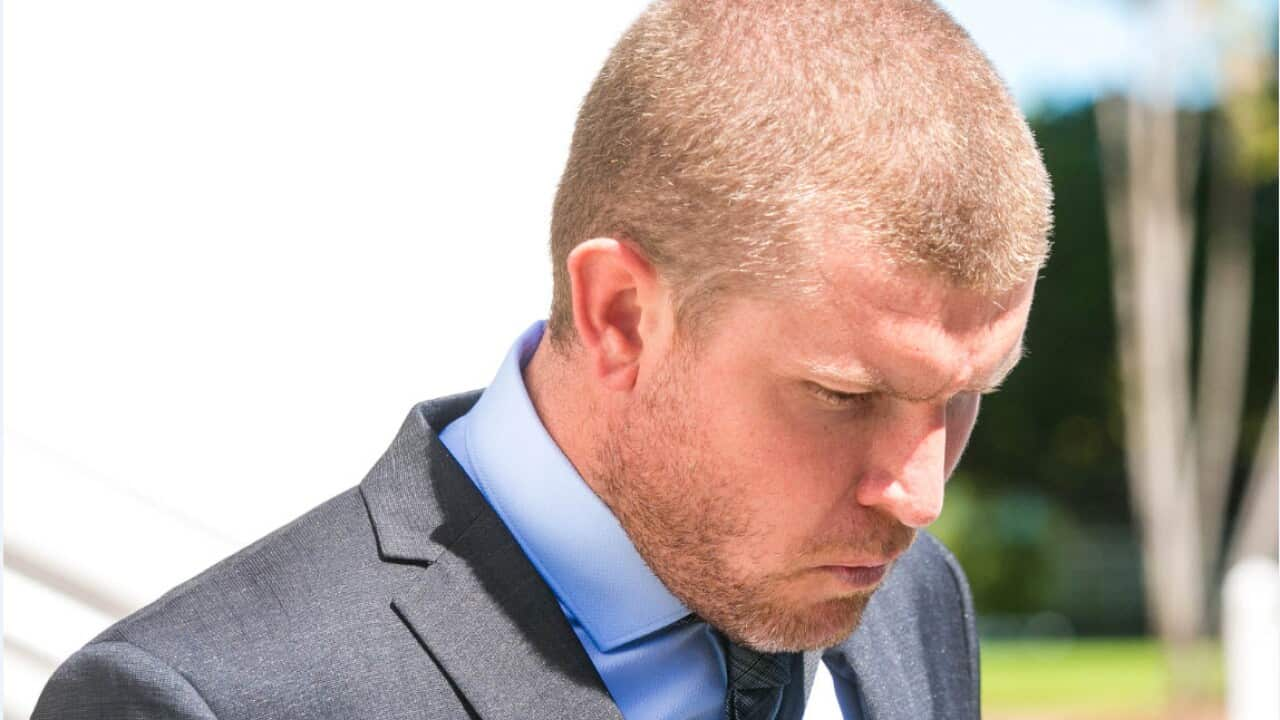The superannuation sector can and must do more to help Indigenous members, the royal banking commission has been told.
The hearing in Melbourne on Monday centred on the way superannuation trustees deal with Aboriginal and Torres Strait Islander customers.
Senior counsel assisting Rowena Orr questioned Qsuper's head technical advice Lyn Melcer who visited a remote Aboriginal community in Far North Queensland in 2014.
"There is no Indigenous word for superannuation,” she said.
“So it's not a very good place to start." During the three-day visit to Lockhart River, Ms Melcer observed that many of Indigenous superannuation members there did not understand how the superannuation system worked.
During the three-day visit to Lockhart River, Ms Melcer observed that many of Indigenous superannuation members there did not understand how the superannuation system worked.

Lyn Melcer, QSuper's head of technical advic, gives evidence at the royal banking commission. Source: NITV
These difficulties were further complicated by issues including:
- proving identification without formal documents such as a passport, birth certificate or driver’s licence;
- navigating the complex, jargon-filled superannuation sector in cases where English is not the first language;
- not having computer literacy and internet access to complete online forms;
- and ensuring insurance payments went to the right people within extended families.
'A real problem in remote communities'
Following the visit to the remote community, Ms Melcer was described as a “champion of Indigenous super issues”.
Ms Melcer wrote to people who were already eligible to access their retirement funds, made enquiries to look for the next of kin for someone who had died and worked to find lost superannuation accounts.
Since she started the project, QSuper has reconnected 80 people with lost superannuation totalling $2 million and paid out 17 estates valued at $1.7 million.
“It was no additional resources or cost to us. It’s not an impost at all,” Ms Melcer said.
"I don't see why what we're doing is so special that other funds can't do it”
QSuper also took action by simplifying the letters it sent to Indigenous members. One begins simply: “QSuper may have some money belonging to you.”
Ms Melcer also pointed out that her efforts were hampered by the MyGov system which requires that a person must look for their own lost superannuation.
“That’s a real problem for people in remote communities,” she said.
'Superannuation affects you and it's your money'
Until the 1970s, the wages of Indigenous people were split between a government-controlled savings account, tax and an Aborigines Welfare Fund, with the worker sometimes receiving a small allowance.
Amanda Young, chief executive for financial charity , said those policies still reverberate.
She told NITV News many Indigenous Australians struggle with financial literacy, including some who earn up to $150,000 per year.
She encouraged people to contact a financial counsellor and for the superannuation sector to support greater public education efforts.
“Superannuation affects you and it’s your money,” she said.
“It’s an amazing system that you can really take advantage of and grow a lot of money.”











